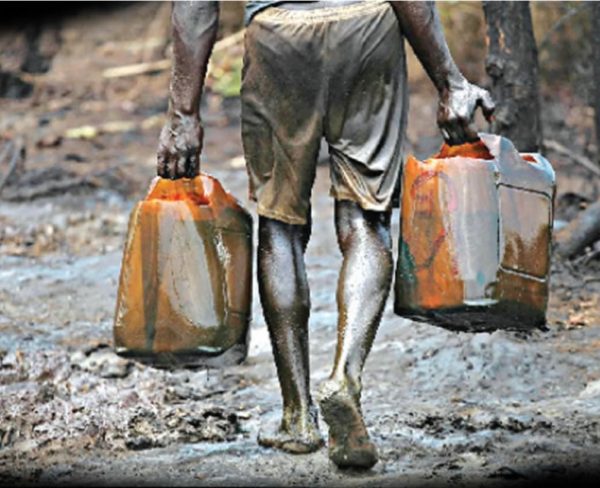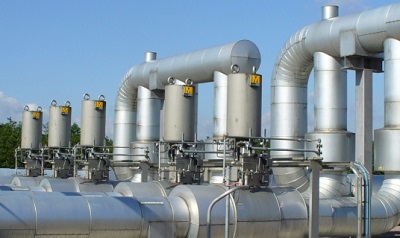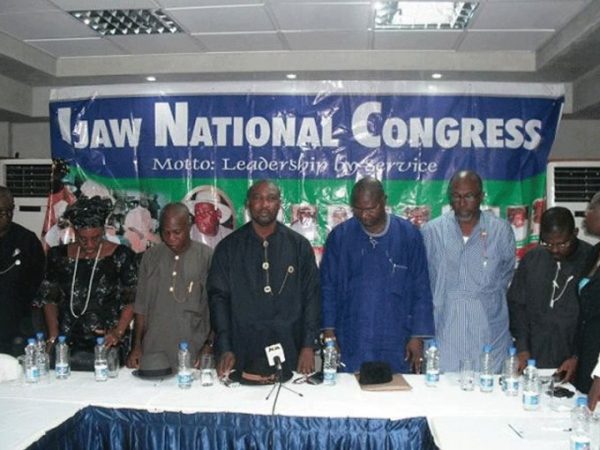Nigeria Clings To Loss-Making Refineries As Angola Targets New Fids From SONANGOL Sale

Government reforms in Africa’s second largest producer, Angola’s oil sector including the targeted part-privatisation of its national oil company, SONANGOL by 2022, is already yielding positive results, as new investments are expected to be witnessed in the sector.
While many and new oil producers are reviewing regulations and exploring cost-cutting measures, Nigeria continues to cling on to its refineries and assets that have remained unprofitable for many years, and have become a burden to the economy.
President Muhammadu Buhari-led administration had hinted at listing the Nigerian National Petroleum Corporation (NNPC), on the stock market as a way of doing away with its losses.
Till date, however, the loss-making entity continues to struggle, recording losses in the region of N600billion from January 2015 to December 2018. Nigeria’s refineries under the management of the NNPC made a cumulative loss of N123.25billion from January to October 2019, latest figures have shown.
An analysis of data in the October 2019 oil and gas report of the NNPC showed that all three entities recorded losses during the period under review. Refineries under NNPC management include the Kaduna Refining and Petrochemical Company, Port Harcourt Refining Company, and Warri Refining and Petrochemical Company.
Just recently, Saudi Arabia’s Saudi Aramco got listed on Tadawul- Saudi Arabia’s stock market with an initial public offering (IPO) valued at about $2trillion.
It is now regarded as the biggest in history, as it comfortably overtook Apple Inc. (AAPL.O) as the world’s most valuable listed firm, and also beating Alibaba Group Holding Ltd.’s record of $25billion listing in 2014.
Angola’s Minister of Mineral Resources and Petroleum, Diamantino Pedro Azevedo, said in London on January 21, that the government had made significant progress in its efforts to restructure the oil and gas sector.
Initial successes include significant cost reductions at Sonangol that have led to the government deciding to list up to 30 per cent of the NOC. The government believes that this will enable the company to not only to raise money for investment, but will also increase its competitive edge.
Further reforms include the privatisation of Sonangol subsidiaries that do not belong to the NOC’s core business of exploration and production. This privatisation process offers significant opportunities for new entrants into Angola’s oil and gas sector.
Initial projections point to foreign direct investment flows of up to $10billion in the next three years, as external players move in to take over from Sonangol in key support service roles previously fulfilled by the NOC.
Capital inflows into bankable projects will be a primary objective of the 2020 effort. Ongoing initiatives being promoted include the 2020 oil and gas licensing round, marginal field development, gas monetisation, and attractive projects across the value chain, including the international tender for the Soyo Refinery, and the ramp-up of the Cabinda and Lobito refineries.







